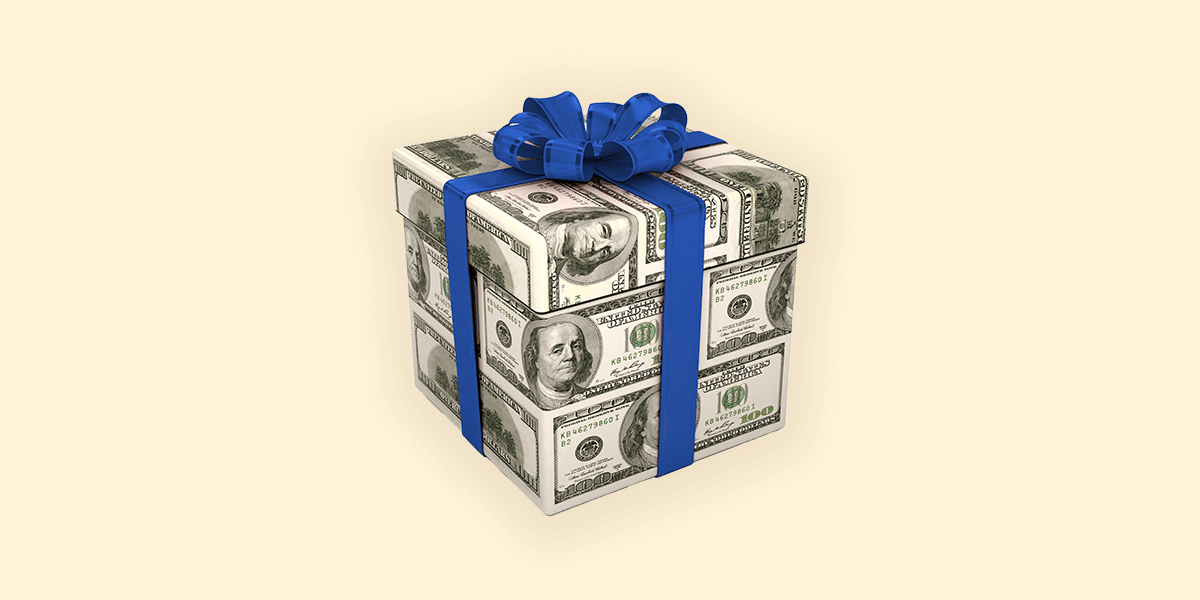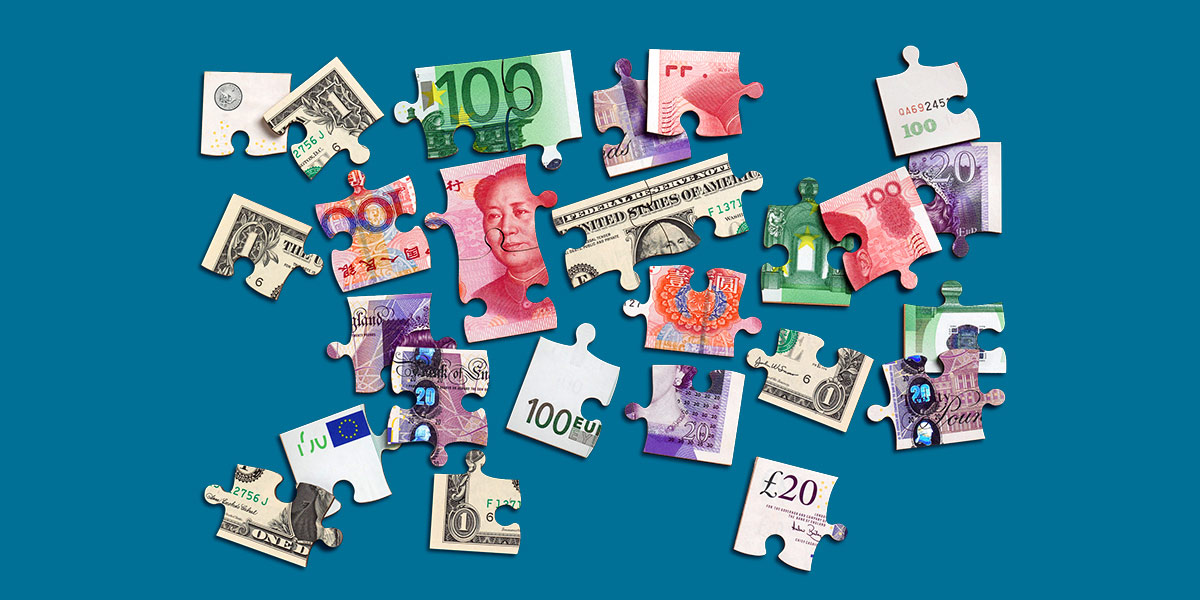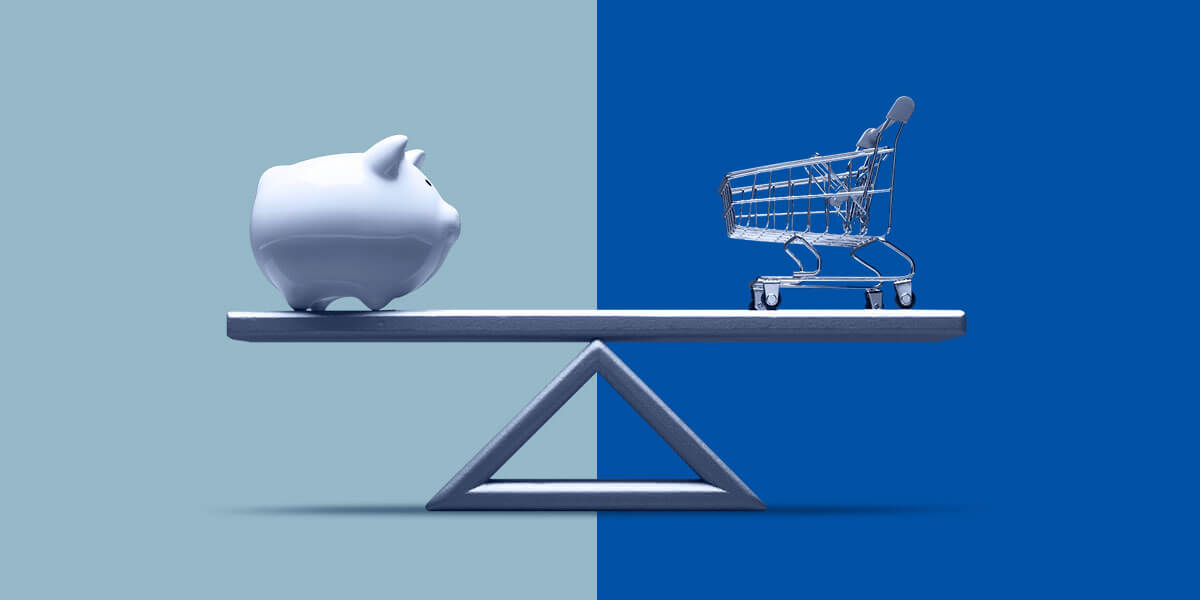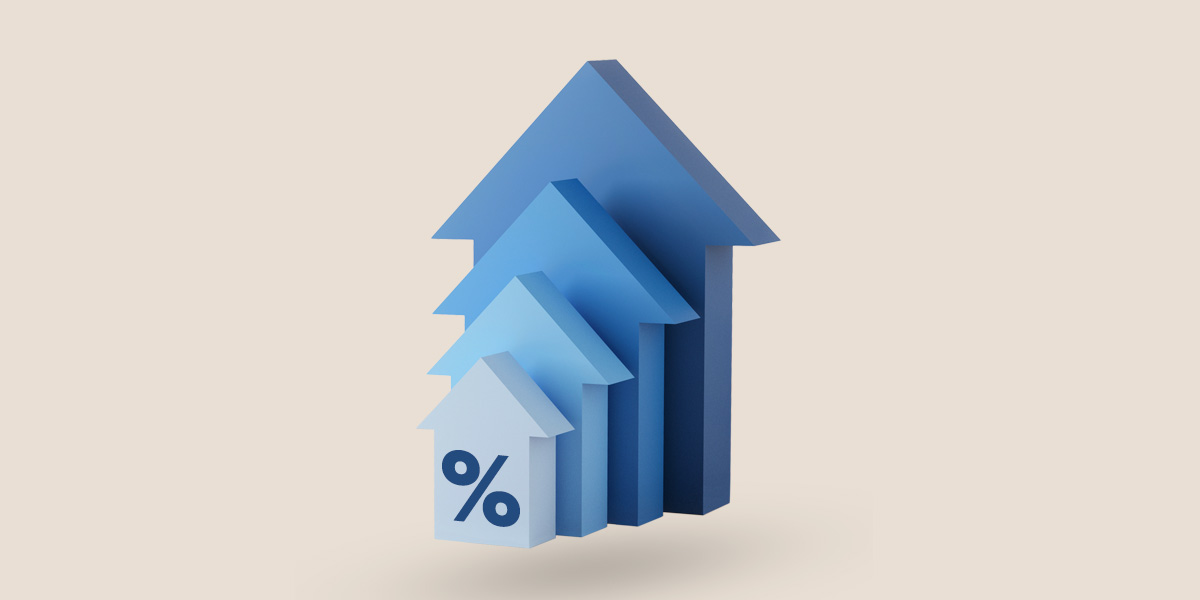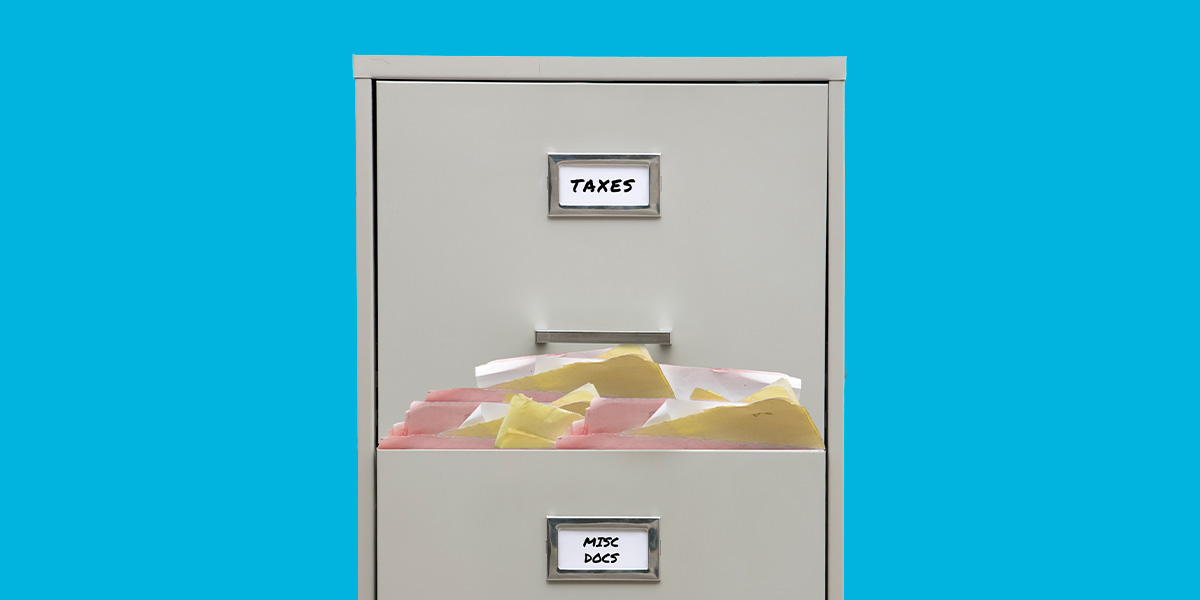-
Personal Banking -
Insights
How Much Money Should I Keep in My Checking Account?
Financial advisors often provide their clients with insight into the basics of budgeting such as accumulating an emergency fund, retirement savings and investment accounts. But one of the simplest tools of daily finance – your checking account – sometimes doesn’t receive enough attention.
Here are some things to keep in mind when it comes to managing the money in your savings and checking accounts.
Checking vs. Savings Amounts
How much you should keep in your accounts depends on your unique financial situation. However, there are some general guidelines you can consider when choosing how much you should keep in various bank accounts.
Many financial experts recommend keeping three to six months of expenses in a savings account or other liquid account that’s easily accessible for emergencies. A checking account that you use for daily transactions and billpaying should be funded with a month or two of living expenses.
These expenses might include:
- Utility bills.
- Car payments.
- Mortgage or rent payments.
- Subscription services.
- Grocery expenses.
- Food and entertainment costs.
The cash in your checking account serves as the main source of funds for small transactions such as paying for coffee or lunch as well as larger bills such as your mortgage or a car payment. Tally up your routine expenses to help decide what number is right for you.
If you're unsure about where to start, consider starting a budget to map out how much you spend each month.
Have a Financial Safety Net
Once you have your number, there are some other things to consider. Some financial experts suggest that you add a buffer above your one or two months' of expenses, such as an additional 30% to account for unplanned expenses.
In the U.S., the average checking account balance is nearly $9,000, but the balance varies widely by age and income.
For example, if your typical monthly expenses are $6,000, you’ll want to have $6,000 to $12,000 in your checking account. If you want to add a buffer of 30%, you’ll want an additional $1,800 to $3,600 in your checking account.
This helps ensure that you have money in your account for irregular expenses such as special events, large purchases or a trip out of town.
How much cash you keep in your checking account depends in part on the stability of your finances. If you have a few consistent bills each month and receive steady paychecks, you may be able to keep less cash in your checking account. If you have irregular income from freelance work, part-time work, bonuses or commissions, you may want to keep more cash in your checking account to avoid a potential shortfall.
Why You Want to Have Enough Money in Your Checking Account
The amount of cash in your checking account should be a bit like Goldilocks: not too much and not too little.
There are several reasons to maintain a certain balance in your checking account, such as:
- To avoid an overdraft. If you try to withdraw more funds than you have in your checking account, your debit card or your payment could be declined. In addition, you may have to pay overdraft fees for exceeding your balance.
- To avoid fees. Some banks require customers to maintain a minimum balance in their checking account or across several accounts to avoid monthly maintenance fees.
- To have cash on hand. Some businesses place a preauthorization hold on your debit card until a transaction is completed, so you want to be sure enough funds are available until the hold clears. In addition, you may need to access cash unexpectedly from an ATM, so it’s best to have an extra cushion to cover surprises.
How Much Money is Too Much in a Checking Account?
While it may be tempting in the interest of simplicity to keep all your liquid funds in your checking account, it’s possible to have too much cash in your checking account.
The main reason to limit the cash in your checking account is that excess funds could earn interest in other accounts such as high-yield savings accounts and certificates of deposit.
Having too much money in your checking account could also mean that you're shortchanging your future. Cash that you don’t need for living expenses or an emergency fund might be better allocated to a tax-advantaged retirement account where they have the potential to grow.
Another reason to cap the cash in your checking account is to protect it. The Federal Deposit Insurance Corporation (FDIC) insures funds in deposit accounts up to $250,000 per depositor, per FDIC-insured bank, per ownership category.
If you need to move your money to make sure it is insured, make sure to speak with a financial professional to help make sure that you have adequate FDIC insurance coverage.
Don't Forget to Strategize Your Savings
In addition to the cash in your checking account, it may be wise to keep at least three to six months' worth of living expenses in a savings account. This is for your emergency fund, so how much you choose to keep in it depends on your lifestyle and financial stability.
Just as with a checking account, the amount you need to save depends on your financial situation and goals.
For example, if your job feels precarious or your income is uneven, you may want to have a larger emergency fund. If you and your partner both have secure jobs and could live on one income for a period of time, you might not need as large an emergency fund.
If your goal is to purchase a home, you might need to be more aggressive when it comes to growing your savings account so you can fund a down payment.
If you're feeling uncertain about your checking and savings strategy, it's wise to speak with a wealth planner to discover what your options are.
This article is for general information and education only. It is provided as a courtesy to the clients and friends of City National Bank (City National). City National does not warrant that it is accurate or complete. Opinions expressed and estimates or projections given are those of the authors or persons quoted as of the date of the article with no obligation to update or notify of inaccuracy or change. This article may not be reproduced, distributed or further published by any person without the written consent of City National.
This article is for general information and education only. It is not to be construed as an offer, or solicitation of an offer, to buy or sell any financial instrument. It should not be relied upon as specific investment advice directed to the reader's specific investment objectives. Any financial instrument discussed in this article may not be suitable for the reader. Each reader must make his or her own investment decision, using an independent advisor if prudent, based on his or her own investment objective and financial situation. Prices and availability of financial instruments are subject to change without notice. Financial instruments denominated in a foreign currency are subject to exchange rate risk in addition to the risk of the investment. City National Bank (and its clients or associated persons) may, at times, engage in transactions in a manner inconsistent with this article and, with respect to particular securities and financial instruments discussed, may buy from or sell to clients or others on a principal basis. Past performance is not necessarily an indication of future results. City National, its managed affiliates and subsidiaries, as a matter of policy, do not give tax, accounting, regulatory or legal advice. Rules in the areas of law, tax, and accounting are subject to change and open to varying interpretations. You should consult with your other advisors on the tax, accounting and legal implications of actions you may take based on any strategies presented, taking into account your own particular circumstances. This article may not be reproduced, distributed or further published by any person without the written consent of City National. Please cite source when quoting.
